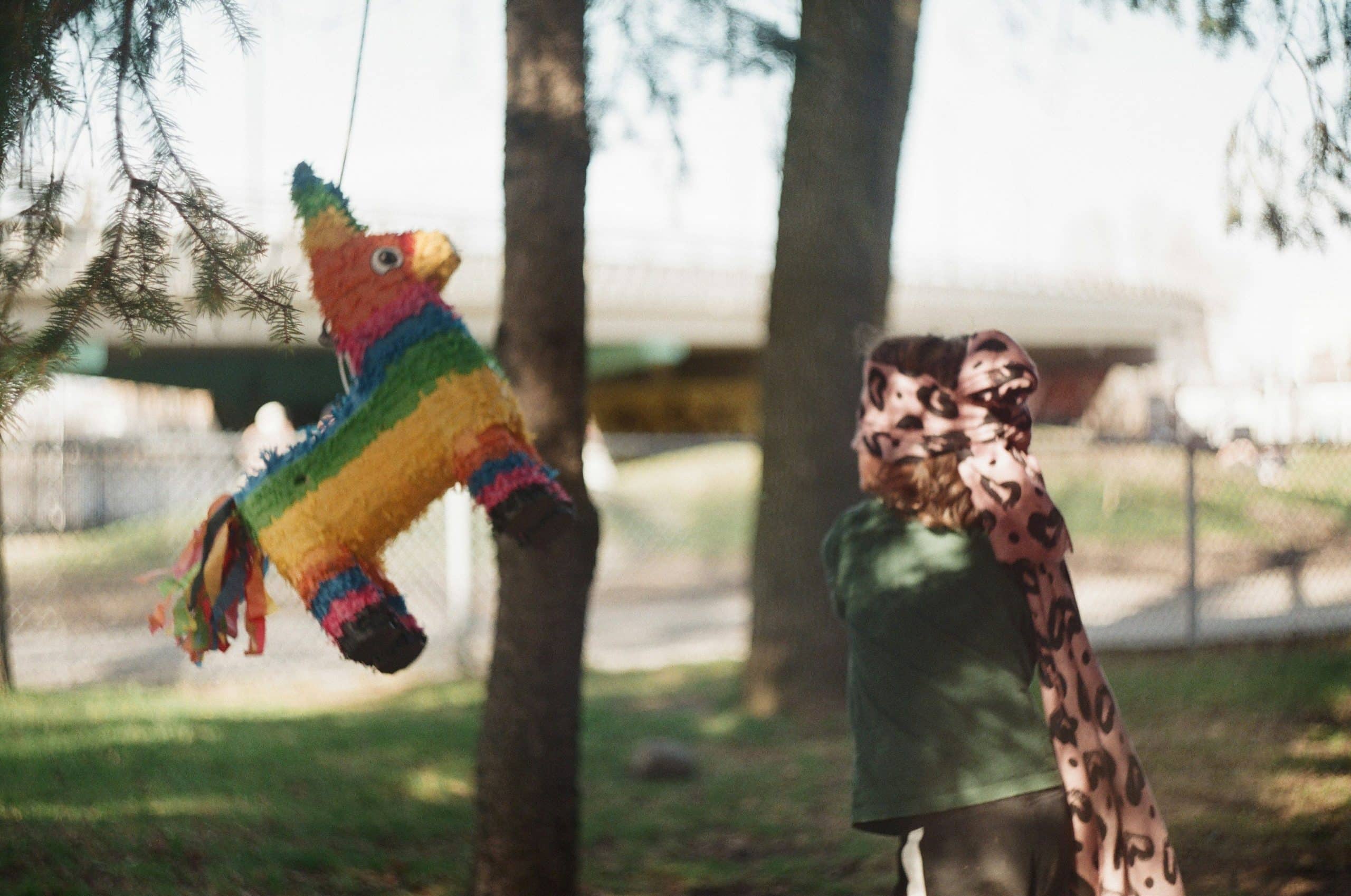The Deep-rooted Meaning of 7 Spikes in Mexican Piñatas
Did you know that the traditional Mexican 7-spike piñata is more than just a colorful party accessory?

Mexican celebrations and holidays often have the presence of a piñata. One in particular that’s often reserved for the holiday season is the traditional Mexican 7 spike piñata, which is used in posadas. Like so many things in Mexican culture, the piñata has religious origins. Catholic Spanish colonizers needed tools to convert the newly enslaved indigenous populations, many of whom still spoke their native tongues, so they came up with other ways to communicate their dogma without having to convey it in speech.
Piñatas Have Deep Meaning to Them

What is now the colorful and fun piñata with 7 spikes was one of the ways they solved their language barrier. For the Catholic church, symbolism was a tried and true method for conveying their Catholic teachings since they were already accustomed to proselytizing to illiterate poor Europeans.
With the piñata, each spike represents a different deadly sin: pride, greed, wrath, envy, lust, gluttony, and sloth. The beating of the piñata? The blindfold? All those familiar steps have specific meanings that have now largely been lost, but the tradition continues nonetheless.
The Blindfold

Being blinded means blind faith in God. And what’s inside the piñata represents the rewards of actually staying faithful.
The Famous Piñata Beating

The beating of the piñata represents fighting, and ultimately winning, against all the temptations and sins. You have control over how hard you fight against the seven sins and temptations they bring.
The Candy

The candy inside is the reward for the courageous act of saying no to sin. It’s a celebration of yourself beating the sins and the reward from God that descends from above—literally, like candy falling from the sky. Next time you’re being rained on with candy, remember to be grateful for the moment. Religious or not, there’s nothing like that mad dash for the candy after a successful beatdown of a piñata.




